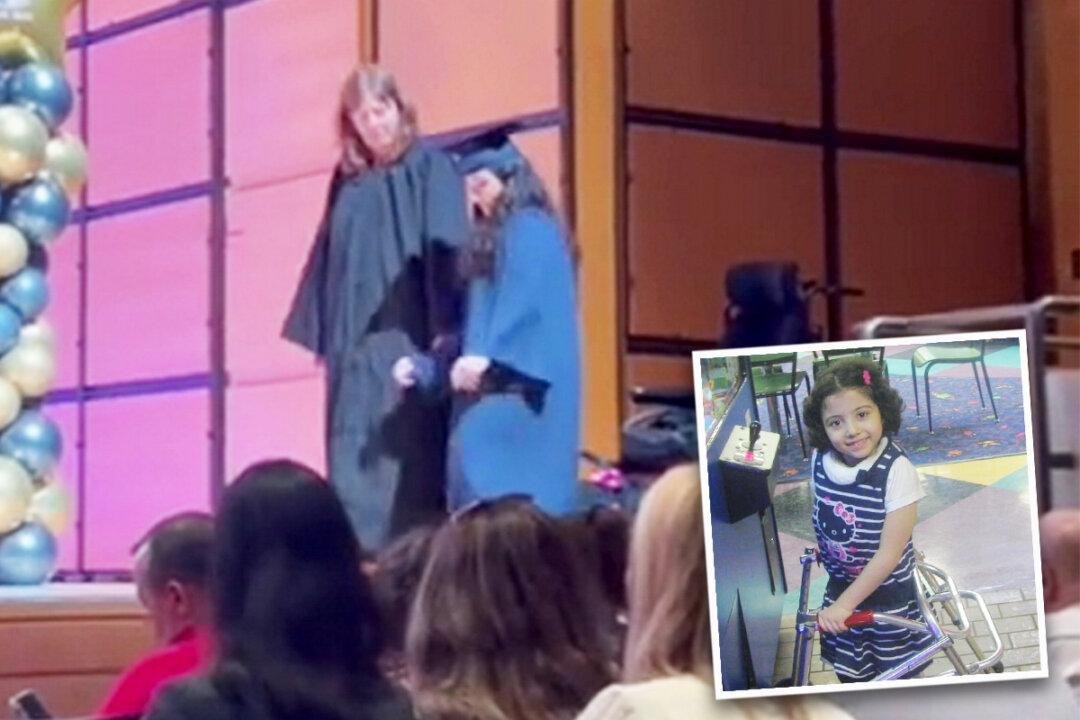A chronically ill student took her first steps in 10 years to accept her awards for excellence at her high school graduation.
Melika Ghanaati, now 19, hasn’t been able to walk unaided since 2013 due to four debilitating medical conditions.

A chronically ill student took her first steps in 10 years to accept her awards for excellence at her high school graduation.
Melika Ghanaati, now 19, hasn’t been able to walk unaided since 2013 due to four debilitating medical conditions.